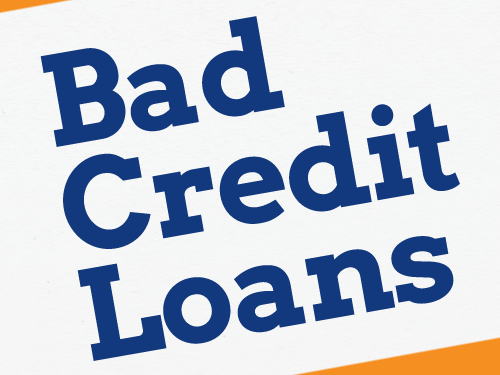If you’ve considered developing property, it can be a bit difficult to take the initial steps. Many new developers are unsure of how to find the best value, but there are a few tips that make the process easier, and provide the potential for a more significant return on investment.
1. Focus on location — but this doesn’t necessarily mean only buying in the hottest neighbourhoods. Many great deals can be found in up and

mountain house
2. Do adequate research before making a purchase. A big part of property development is knowing how much properties are going for in a particular area, compared to how much money will be put into the property and how much it can sell for. Rather than buying on an impulse, take the time to understand what you’re working with, and you’re more likely to see a substantial profit.
3. Auctions and estate agents can be a good resource to find properties that are a deal, but it’s also good to spend the time driving around and looking on your own. This is one of the best ways to discover something you might not otherwise come across.

house auction
4. Understand the seller. By understanding how motivated the seller of a property is, you can get a better deal. For example, a seller who is going through a bankruptcy is going to want to sell their property as quickly as possible, and you can go in with a lower offer than you would with someone who has more time to spend on the sale process.

